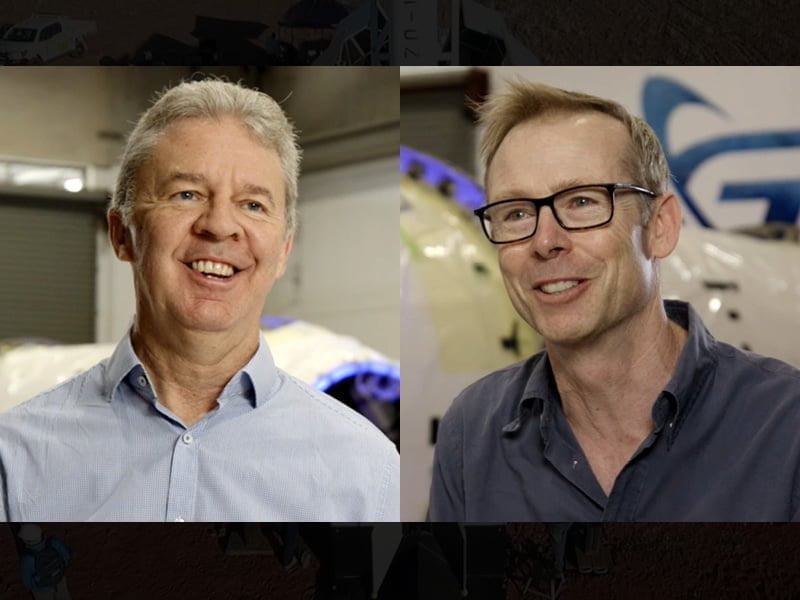It has been years in the making but the maiden test flight of Gilmour Space Technologies’ three-stage orbital rocket is within sight, with final preparations targeting a launch early in the new year.
If all goes to the current schedule, the Gilmour launch vehicle is expected to undergo full integration and testing in mid- to late December at the company’s Bowen Orbital Spaceport at Abbot Point in North Queensland.
A growing number of Gilmour staff who are usually based on the Gold Coast are now stationed at the launch site for the busy weeks of tests and rehearsals.
Full ‘wet’ dress rehearsals are expected to be carried out in early January, with a launch anticipated as soon as possible after that.
But nothing about space is straight-forward, and schedule can be more of a guide than a plan. No-one is getting ahead of themselves, even if there is a growing level of excitement as launch day creeps closer.
InnovationAus.com was at the Gilmour Space Technologies’ facility on the Gold Coast recently to catch up with the team.
We sat down with Blackbird Ventures co-founder Rick Baker and Main Sequence Ventures partner Martin Duursma – who are both on the Gilmour board of directors – to talk about what it takes to build a space startup in Australia. You can see the interview here.
The video is the third in a series of updates that has tracked the Gilmour’s progress toward launch day. Today’s episode focuses on the business – and takes a specific investors’ eye view of the opportunity.
Rick Baker says he met company co-founder Adam Gilmour when he was still living in Singapore in 2016. He admits that Adam’s idea to build a rocket company with private capital in Australia did come off as slightly crazy at first.
But Adam had already invested his own money. He had already brought a small team together and had built small-scale hybrid rockets that could produce a smooth burn – very difficult – and had produced a technical pathway to scale the rocket and build an orbital vehicle.
So Blackbird got involved. And on the eve of the first maiden flight of the ‘Eris’ vehicle, many years after that first investment, demand for commercial launch services has never been stronger.
The investment thesis that Blackbird applied to Gilmour Space still applies – but addresses a bigger opportunity than was originally thought.
It would be self-evident to anyone familiar with the space sector, but the business model includes provision for multiple attempts at achieving orbit. First attempts don’t get there. Gilmour would be making world history if it succeeded first time out.
“We are going in there, hoping for success, but expecting a failure,” Mr Baker says.
“And of course, from a financial point – and for us as investors and shareholders – [we] have set the business up such that we have multiple attempts at getting to orbit.
“And through those multiple attempts, we think there’s a very high chance that the company succeeds in its mission,” he said.

Main Sequence partner Martin Duursma says the specialist market that Gilmour is pursuing is in putting mid-sized payloads into specific orbits. And there is no end in sight for that work if Gilmour can turn its test flight vehicle into an ongoing workhorse.
“There is a severe lack of launch capability globally today, and so I believe that the market opportunity for Gilmore is greater than it has ever been,” Mr Duursma told InnovationAus.com.
“Companies need to get to specific orbits with specific payloads. That’s the type of solution that Gilmore provides, and there’s a massive lack of that in the marketplace today,” he said.
In the meantime, the next three months are critical. And will be intense as the rest of the team effectively relocates to Bowen.
Obviously the vehicle has to be integrated on-site. The transport erector that will transport the rocket from the vehicle assembly building to the pad and bring it into its vertical position needs final testing.
There’s the water deluge test, launch procedure rehearsals, ‘wet’ testing (loading liquids), multiple layers of safety testing, ground support equipment testing.
There is a lot to do.
Do you know more? Contact James Riley via Email.

